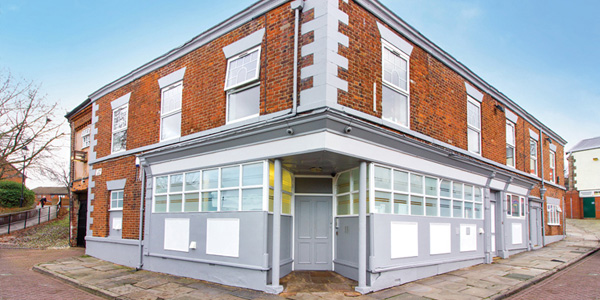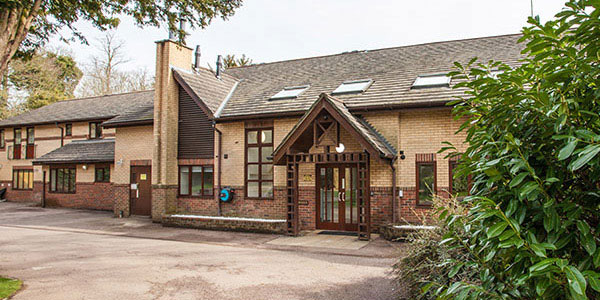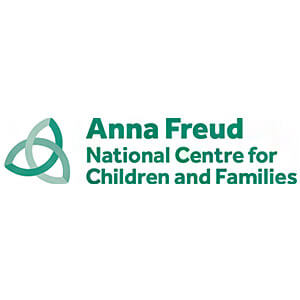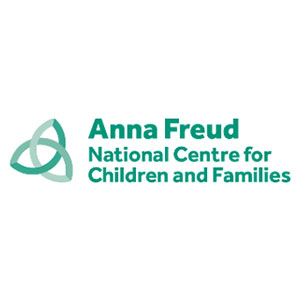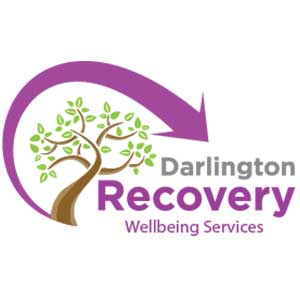Alcohol & Drug Rehab in Darlington
Addiction – whether to illegal drugs, alcohol, prescription medication or combination of any of these – is a vast and growing problem across the UK, and urban centres such as Darlington are especially susceptible to its ravages.
Every day, lives are ruined or prematurely ended as a result of substance abuse, and for those caught in addiction, it can often feel as though there is no possible hope for the future. However, there is hope: across the country, thousands of highly trained men and women are working hard to help addicts turn their lives around.
If you or a loved one are battling addiction, that help is available to you too: read on to find out how rehab can send you on the path to recovery, and to a happy, healthy, addiction-free life.
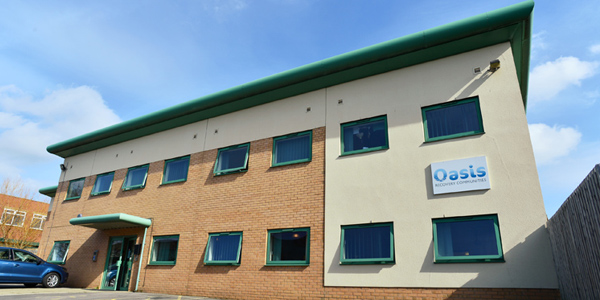
Built in 2009, Oasis Bradford was originally commissioned by the Department…
- Private
- 24/7 Nursing
- 24/7 nursing
- Residential
Featured Rehabs
Oasis Runcorn is quite unique detox and rehab unit in offering two treatmen…
Liberty House Clinic is a fully furbished detox and rehabilitation facility…
Banbury Lodge is a private UKAT rehab facility based in Banbury, Oxfordshir…
-
Adult Social Care
Central House
Gladstone Street
Darlington
DL3 6JX0 review- Free
- Outpatient
-
Hollyhurst Road, Darlington, Darlington DL3 6HX0 review
- Free
- Outpatient
-
Hollyhurst Road, Darlington, Darlington DL3 6HX0 review
- Free
- Outpatient
-
- Free
- Outpatient
-
- Free
- Outpatient
-
Youth Offending Service
Central House Annexe
Gladstone Street
Darlington
DL3 6JX0 review- Free
- Outpatient
- Load More
Drug & Alcohol Rehab Services in County Durham
- A
- B
- C
- D
- E
- F
- G
- H
- I
- J
- K
- L
- M
- N
- O
- P
- Q
- R
- S
- T
- U
- V
- W
- X
- Y
- Z
What Is Rehab?

Rehab – more properly “residential rehabilitation” – is the process of attending a dedicated facility to undergo treatment for addiction, and also describes the facility itself. In rehab, patients enjoy the benefits of a quiet, secluded, pleasant and confidential environment and are treated and assisted by very experienced medical professionals familiar with the nature of addiction who are on hand 24/7, allowing patients to focus entirely on their own recovery and well-being.
Rehab is widely considered to be the most effective way of treating addiction, because it tackles both the immediate challenges of physical dependency and the longer-term ones of psychological addiction: it consists of a detoxification (“detox”) phase followed by a longer period of therapy and care, whereas many other approaches to combating addiction focus only on one or the other aspect and thus do not provide the level of holistic treatment which patients require if they are to remain abstinent once the initial dependency has been overcome.
How Can I Get Someone into Rehab?
When it comes to battling addiction, time is of the essence: every day that goes by while someone is struggling with substance abuse is another day during which they are risk of overdose, or of suffering from an accident or a violent act driven by drink or drugs. Viewed from another perspective, the sooner an addict is prepared to admit to their condition and seek help, the sooner that help can be provided and the sooner they can set out on their journey to recovery.
The NHS offers various addiction treatment services, including rehab, and many are of a very high standard: however, demand is extremely high (especially in a high-risk location such as Darlington) and waiting times can be disconcertingly long. If you desperately need help, you may not wish to waste any more time before exploring the private options which are available to you. To discuss next steps, call 0800 024 1455 now.
Advantages of Private Rehab
The advantages of rehab are manifold. Most importantly it provides a peerless combination of detoxification (“detox”) – addressing the immediate challenges of physical dependency – and therapy aimed at revealing and addressing the root causes of addiction, and at providing patients with an array of defence mechanisms to help prevent relapse.
This combination of treatment is provided in one location, away from the distractions and temptations of the outside world and an addict’s usual environment which has proved so conducive to substance abuse up to now.
Rehabs are typically aesthetically very pleasant, calm and safe places in which an addict can concentrate completely upon recovery, benefiting from the presence of highly experienced medical personnel and from the provision of tailored dietary and fitness plans (on the basis of “healthy body, healthy mind”).
Following a stay in a quality rehab, a patient will receive free aftercare for up to a year: the recovery process is by no means complete upon leaving rehab, but is instead a constant endeavour requiring dedication and peppered with pitfalls, which the provision of aftercare can go some way to negating.
What Does Rehab Cost in Durham?
The cost of private rehab in or near Darlington can vary significantly by treatment programme, and depending on which of a variety of optional extras are selected. As a rough guide, standard costs range from between £5,500 and £11,000 per month, though the cheapest rehab treatment can start from as little as £834 per week. For more details, call 0800 804 4755.
Darlington NHS Addiction Treatment Options
If you feel that private rehab is currently not an option for you for reasons of cost, or if you do not feel that you are able to spend the required time away from family and/or work obligations, do not despair: various NHS and charity resources can be found in Darlington and across Durham which can help you combat your addiction. Consult your GP about which of these resources may be available to you and would be most appropriate for your specific situation.
Advantages of NHS Treatment
One obvious advantage of NHS treatment is, of course, financial: NHS options are free at the point of use while private rehab comes at a cost which may be offputting to some addicts (although set against the costs – financial and otherwise – of addiction, this investment may be comparatively minor). They are also very accessible geographically – the NHS operates in every corner of the country – and offer a high standard of service (though that quality does vary by location and, again, waiting times may be distressingly high).
Addiction Support Groups
A number of organisations exist across the country to provide assistance to recovering addicts, and some of these operate a support group model. Support groups are groups of individuals who are themselves recovering addicts – some only recently free from addiction, while others may have been clean for many years.
Here, they come together at regular meetings to give and take mutual support: sharing their stories of addiction, giving advice on how to resist relapse, showing solidarity and sympathy when group members are struggling, and providing the simple companionship which can mean so much in times of difficulty and loneliness.
Support group attendees can come from all walks of life, brought together by their shared experience of addiction and recovery; typically, attendance at support groups is free and the only qualification for participation is a commitment to leading a life free of substance abuse.
The most famous support group organisation, and the one on which most others are modelled, is Alcoholics Anonymous (AA) which was founded in 1935 and runs on a 12-step programme of personal and spiritual development, with one of the steps being a recognition that a higher power – such as God – can assist with an alcoholic’s recovery.
Narcotics Anonymous (NA), founded in 1953 and based directly upon the AA model, is the second-largest support group organisation worldwide and caters to recovering drug addicts specifically. In a similar vein, but supporting those recovering from addictions to specific substances, are Cocaine Anonymous (CA), Heroin Anonymous (HA), Marijuana Anonymous (MA) and Crystal Meth Anonymous (CMA), all of which operate 12-step programmes.
There are also support groups such as Al-Anon and Nar-Anon assisting the families and friends of addicts which typically hold meetings alongside those for the addicts themselves.
Support groups typically meet weekly, though each local chapter is managed independently and meeting times and venues are subject to change.
To find information on meetings in or near Darlington, see the relevant websites: Alcoholics Anonymous
, Narcotics Anonymous; Cocaine Anonymous; Heroin Anonymous; Marijuana Anonymous; Crystal Meth Anonymous.
Types of Counselling

Individual counselling can be engaged in either following attendance at rehab or other treatment as a supplementary aid to recovery – or potentially as a means of managing an addiction prior to engagement in a full treatment programme – and is especially useful for those who currently do not have the ability to take the time out necessary for an in-depth treatment programme such as rehab.
Private addiction counsellors operate like regular psychotherapists, and counsellors offering a variety of different therapy models can be found across the country; they are usually seen by private appointment – typically on a weekly basis – and charge a fee per appointment. While some counsellors make themselves available for emergency access, most limit access to working hours.
How to Get to Oasis Recovery from Darlington
Oasis Recovery is a unique and pioneering detox and rehab centre located in the heart of Bradford in a quiet secure location perfect for those struggling with addiction. Spacious and tranquil, Oasis Recovery’s highly skilled medical and support staff, and its excellent infrastructure, mean it can facilitate all manner of medical detoxes, including complex detoxes and those who require a higher intensity of medical care.
Oasis Recovery boasts 19 en suite bedrooms – furnished to a very high standard – with walk-in showers, disabled facilities, large communal living areas, well-equipped treatment rooms, outside courtyard, and holistic spa jacuzzi. The medical team provide close monitoring of all patients throughout the day and night, while patients can also undergo structure therapeutic treatment alongside any medical detox which may be necessary.
To get to Bradford from Darlington, take the A167 to the A66, then merge onto the A1(M). Keep on the A1(M) and then the M1 following signs for London/Leeds, then at junction 42 join the M62 towards Manchester/Bradford. At junction 26, take the M606 exit and stay on the motorway until junction 3, at which point take the A6177 and then the A641/Manchester Road; then follow signs to the city centre.
Oasis Recovery
21a Bolling Road
Bradford
BD4 7BG


